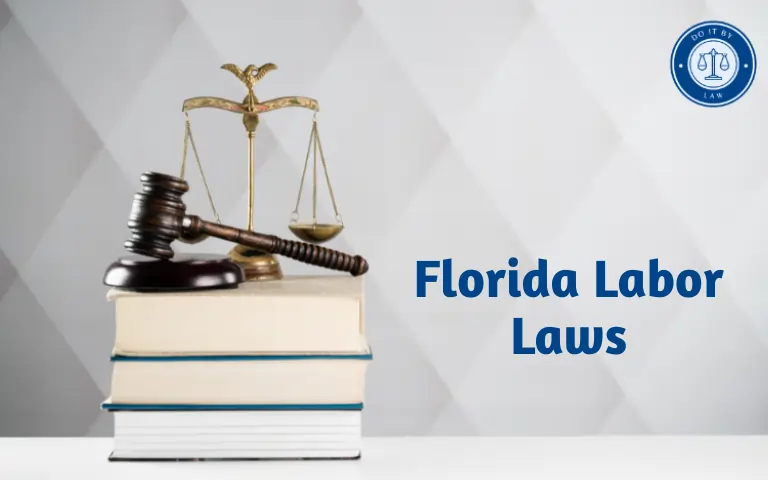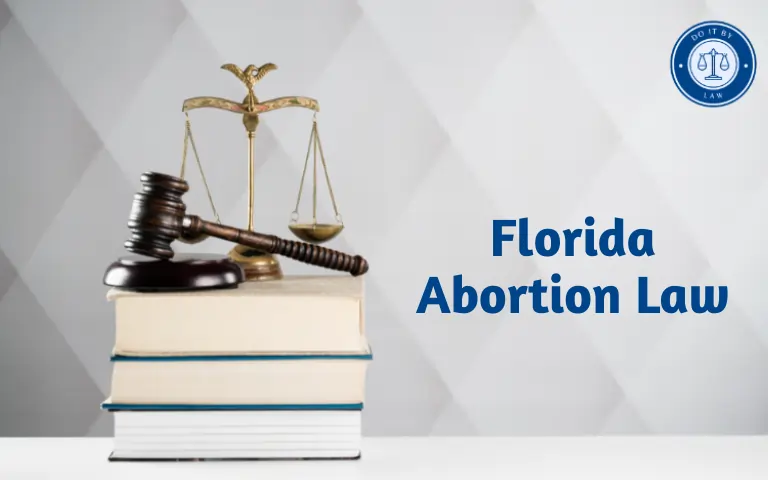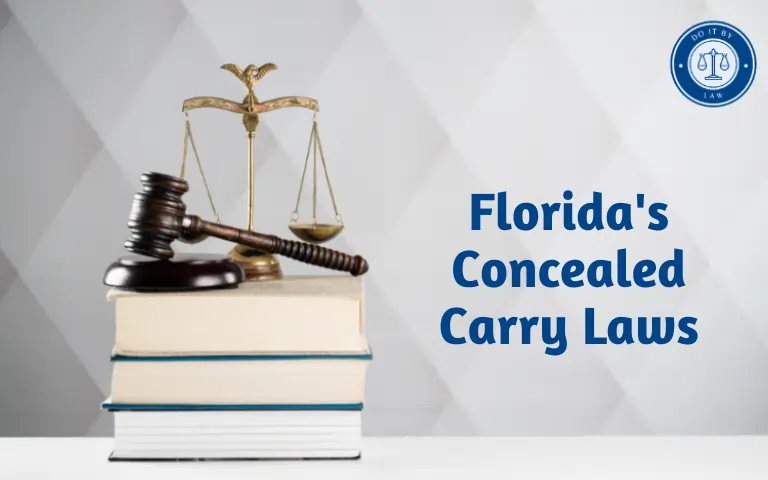Florida Common Law Marriage: What You Need to Know
Florida Common Law Marriage was entered into after January 1, 1968. However, common law marriages established in Florida before that date are still valid. Here’s what you need to know about common-law marriage in Florida.
When Was Common Law Marriage Abolished in Florida?
Florida abolished the creation of new common law marriages on January 1, 1968
Any couple who lived together and held themselves out to the community as married before January 1, 1968 established a legal common law marriage in Florida. However, common law marriages can no longer be created in Florida after this date. Only ceremonial marriages or those recognized by another state are valid.
Why Did Common Law Marriage Exist in Florida?
Common law marriage no longer exists in Florida, abolished in 1968. However, understanding why it existed historically can be informative. Here are some reasons why common-law marriage was established in Florida, and others:

Historical Context:
- Pre-existing legal systems: Before formal marriage licensing became widespread, many legal systems around the world, including England (from which much of US law derives), recognized common law marriages based on cohabitation and public representation as a married couple.
- Accessibility and informality: Common law marriage didn’t require formal ceremonies or licenses, making it accessible to individuals who couldn’t afford or access traditional marriage procedures. This could be due to economic limitations, religious objections, or a lack of official infrastructure in remote areas.
- Social acceptance: In some communities, cohabitation was an accepted practice, and common law marriage provided a legal framework for these relationships, offering legitimacy and protection.
Specific reasons for Florida:
- Rural communities: Florida’s early population included many rural communities where access to formal marriage procedures might have been limited. Common law marriage offered an alternative for these residents.
- Cultural influences: Migration patterns and cultural norms from parts of the country where common law marriage was established likely influenced Florida’s adoption of the practice.
It’s important to note:
- While common law marriage existed in Florida before 1968, it wasn’t without its drawbacks. Proving a common-law marriage could be complex and often involve legal disputes. This lack of clarity and potential for abuse contributed to its abolishment.
- Even though Florida no longer recognizes common-law marriages formed within the state after 1968, it may recognize valid common-law marriages established in other states.
If you have further questions about the specific legal nuances of common law marriage in Florida or its historical context, it’s best to consult with a legal professional.
Who Does Florida’s Common Law Marriage Law Apply To?
In Florida, the concept of “common law marriage” is a bit more nuanced than a simple yes or no answer. Here’s the breakdown:
Florida does not recognize new common-law marriages:
- Since January 1, 1968, any couple living together in Florida, regardless of how long or how closely, is not considered legally married in the eyes of the state.
- This means, that even if you cohabitate, share finances, and hold yourselves out as a married couple, you won’t have the legal rights and protections afforded to married spouses.
However, there are some exceptions:
- Out-of-state common-law marriages: Florida recognizes valid common-law marriages established in other states that still recognize them (e.g., Colorado, Iowa). If you entered a common-law marriage in such a state and then moved to Florida, your marriage may still be recognized, but consulting with an attorney is advisable to confirm its validity in your specific situation.
- Pre-1968 common-law marriages: If you entered a common-law marriage in Florida before January 1, 1968, and continuously held yourselves out as married since then, your marriage may still be considered valid. However, proving such a marriage can be challenging, and seeking legal advice is crucial.
Therefore, Florida’s common-law marriage law primarily applies to:
- Couples currently cohabitating in Florida: It clarifies that they are not considered legally married, regardless of their circumstances.
- Couples with potential out-of-state common-law marriages: It outlines the conditions under which such marriages might be recognized in Florida.
- Individuals with potential pre-1968 common-law marriages: It establishes the requirement for proving such marriages and navigating their legal implications.
Remember, this is just a general overview, and legal matters can be complex. If you have any questions about your specific situation, it’s always best to consult with a qualified family law attorney in Florida.
Key Provisions of Florida’s Common Law Marriage Recognition
Unfortunately, Florida does not have any key provisions for recognizing common-law marriages entered into after January 1, 1968. However, there are some important points to remember:
- Common-law marriages are not recognized in Florida for couples who began cohabiting after 1968. This means that simply living together, even for a long period, and holding yourselves out as a married couple, will not grant you the legal rights and benefits of marriage in Florida.
- Florida recognizes valid common-law marriages from other states. If you were validly married under common law in another state that recognizes it and then moved to Florida, your marriage may still be recognized. However, it’s crucial to consult with an attorney to confirm its validity in your specific case.
- Florida may recognize common-law marriages entered into before 1968. If you entered a common-law marriage in Florida before January 1, 1968, and have continuously held yourselves out as married since then, your marriage may still be considered valid. However, proving such a marriage can be challenging, and seeking legal advice is essential.
Here’s a table summarizing the key points:
| Provision | Description |
|---|---|
| Recognition of new common-law marriages | Not recognized |
| Recognition of out-of-state common-law marriages | May be recognized, but consult with an attorney |
| Recognition of pre-1968 common-law marriages | May be recognized, but requires proof and legal consultation |
Remember, this information is for general knowledge only and does not constitute legal advice. If you have any questions about your specific situation, it’s always best to consult with a qualified family law attorney in Florida.
What Are the Benefits of a Valid Common Law Marriage in Florida?
If a couple established a common law marriage in Florida before January 1, 1968, they qualify for all state-level rights and responsibilities of marriage. This includes things like:
- Inheritance rights if one’s spouse dies without a will
- The ability to file wrongful death or loss of consortium lawsuits
- Eligibility for spousal insurance, retirement, or other benefits
- Equitable division of all marital assets and debts upon separation
So while they may lack an official marriage certificate, the state treats them identically to any other married couple.
How Can I Prove a Common Law Marriage Existed?
Proving a common-law marriage can be tricky decades later. Vital documents like:

- Joint tax returns or property deeds
- Insurance policies naming one’s partner
- Bank accounts or other assets in both names
- Eyewitness affidavits from friends/family
- Shared household expenses
- Correspondence addressing you as “married”
Can all help demonstrate you held yourselves out as spouses and acted accordingly? Photo evidence of a wedding or wearing wedding rings also helps. Work with a family law attorney to compile documentation supporting your common law marriage claim.
What If a Common Law Spouse Dies Without a Will?
If a Florida resident in a valid common-law marriage passes away without a last will, state intestacy laws grant the surviving spouse certain inheritance rights. This includes:
- 100% inheritance of personally owned assets if no descendants exist
- A minimum of 30% inheritance if descendants from that relationship exist
- Potential lifetime rights to reside in the couple’s home
- Preference over more distant relatives
So even without an official will, common law widows/widowers have legal protections to avoid disinheritance.
Penalties for Falsely Claiming a Common Law Marriage
Attempting to falsely claim a common law marriage that never existed – called marriage fraud – carries serious penalties. Potential criminal charges for this deception include:
- Third-degree felony fraud
- Perjury
- Making false statements
- Conspiracy
The court may also rule a couple lacked standing to file a dissolution petition or other spousal lawsuits if no legitimate marriage is proven.
Recent and Proposed Changes to Florida’s Common Law Marriage Law
No serious legislative attempts have been made to reinstate common law marriage creation in Florida since its 1968 abolition. Bills introduced in 2007, 2008, and 2009 to revive common-law marriage recognition all died in committee hearings without reaching a floor vote. And given the dwindling numbers of eligible couples from the pre-1968 period, substantial changes seem unlikely.
Controversies and Challenges Surrounding Common Law Marriage
Most legal disputes involving common law marriage in Florida deal with questions over the validity of an alleged pre-1968 marriage. For instance:

- Disagreements over inheritance rights when a spouse dies
- Challenges to common law marriage claim from hostile family members
- Attempts to use common law marriage claims for immigration/benefits fraud
Establishing a credible paper trail indicating pre-1968 marital status is key to overcoming such disputes.
Conclusion
While Florida eliminated future common law marriages after January 1, 1968, courts still uphold this marital tradition for couples who verifiably acted as spouses before that date. These individuals qualify for a legal marriage, despite lacking a marriage certificate. However, stringent proof is required to demonstrate one’s pre-1968 common-law marriage given the legal rights at stake. Consult an attorney if your marital status may fall into this category before a dispute with hostile relatives arises.







